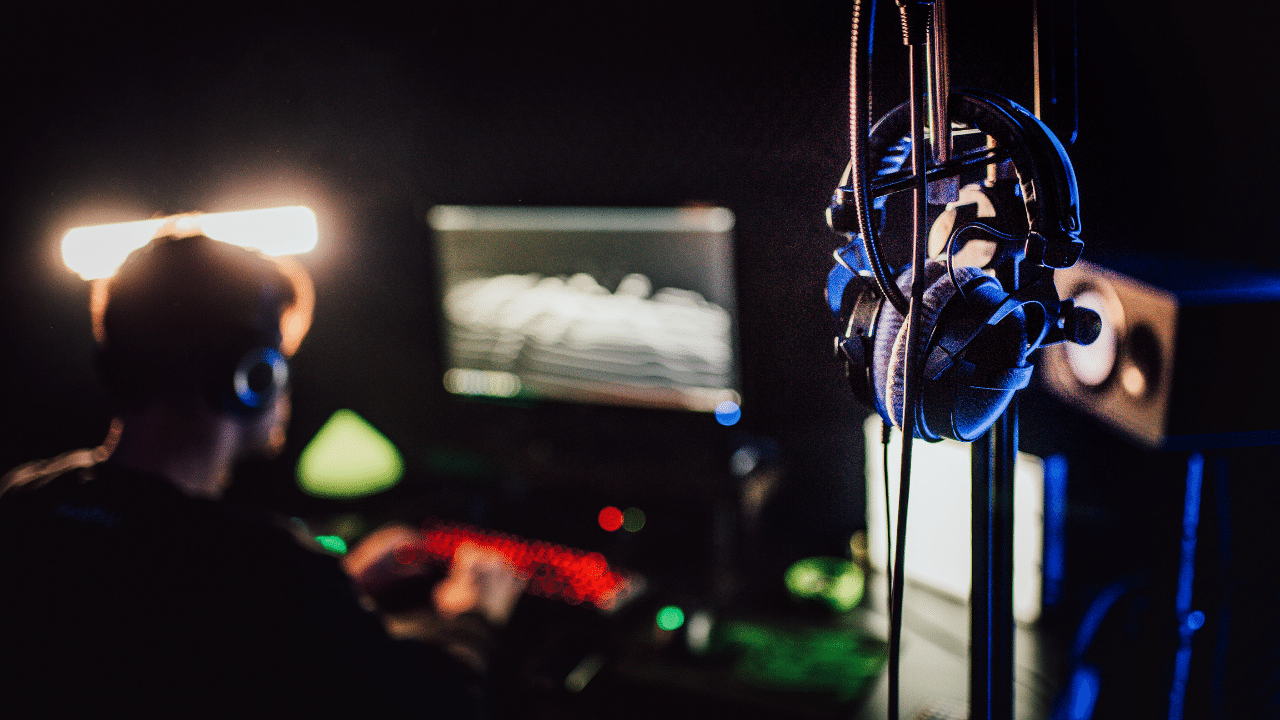How to Produce a Great Song: A Guide for Singer-Songwriters

Producing a great song recording can be fun and even fairly easy if you take the time to focus on the 3 most important things: the arrangement, the sounds and the performance. You need to find an idea that will capture the listener, arrange the song structure for maximum excitement, and then execute it so it sounds amazing. If you’re a singer-songwriter you can learn how to take control over your recording process by learning a few of the technical aspects of music production. In this article we’ll take a look at what you need to know to make a great sounding demo and finished song.
Record a Great demo
First, you need to create a demo. This is a song that you (or you and and your band) have recorded that demonstrates what your sound will be like. It’s a great way to give potential clients or booking agents an idea of the sound and style you're trying to achieve. You should try not to waste time perfecting mediocre songs and instead work on the ones that are memorable to your non-musical friends. Your demo should have at least one great song so that you can show people what kind of music they can expect from you in the future.

Find the Right Parts and Sounds
Recording a song is an art and you need to know the sound you’re going for before you start recording and producing it. Pick some reference songs that can serve to guide the process. Be patient with yourself as you try ideas and develop the structure for the song so that it sounds amazing. Don’t rush through this process of pre-production because good songs take time, lots of practice, and patience in order to become great songs. Start with finding a tempo that sounds right for the song and then add instruments and parts that make sense.
Learn how to use a DAW
The best way to produce a great song is by learning the basics of using a Digital Audio Workstation (DAW). A DAW is a program that will help you create professional-sounding tracks in the comfort of your own home. This software creates a virtual recording studio where you can write, record, edit and mix your songs. The most popular DAWs are Ableton Live, Pro Tools, Logic Pro and FL Studio. Each have their own benefits and workflows so it’s best tow take a look at some people using them on YouTube and research which one might be the best fit for your needs.

Write and Rewrite
Singer-songwriters can use their creative process to produce amazing songs by following these three steps: Write the lyrics and music down on paper. Every time you hear the song in your head differently, write it down. This will help you get used to hearing the song in multiple ways and be more open to alternative ideas. Rewrite until you’re satisfied with the song structure. You want to make sure your verses and choruses sound good together in order for your listeners to enjoy listening to the entire song from start to finish. Keep all of your ideas and come back to them later when you can judge them more accurately.
Polishing the Rough Draft
Many times, a songwriter will come up with a melody and lyrics and start to record without ever thinking about the beat or how it might sound. This is why it’s important to polish up your rough draft before moving forward. Make sure that every part of the song sounds good before jumping on the recording process. In this way, you don’t waste time and energy on something that doesn’t work. A great tip for singer-songwriters is to create an instrumental version of your song before moving forward with vocal production. This will give you time to perfect your lyrics and melody while also giving you more control over what is going into the final product.

Vocal Recording
In order to produce a great song you need to focus on the vocal sound and vocal performance. This means that things like mic placement, recording levels, and the overall sound need to be taken care of before you capture the performance. If your voice is sounding muffled in one part of the song or if it’s too quiet in another part, it will make your entire song sound bad. You want to be able to hear your voice clearly throughout so that you can accurately convey emotions and make your lyrics shine. Also, even though you may be concentrating on the vocals first, make sure that everything is equally loud and clear. You want to make sure that all of the instruments sound right when they're put into context with what's happening vocally.
EdIting & Mixing your Song
Once all of the instruments and vocals have been recorded, someone will need to composite the best takes together and edit out any mistakes. Most of the editing will concern timing and tuning. The degree to which you will want everything in time and in tune will be determined by the genre and the goal of the recording. If it's a demo you just want to get things close enough, and if it's a release you'll usually want something closer to perfection. After the editing is done you will balance the levels of all the tracks and process them with EQ, compression and effects like delay and reverb. The mix is then exported to a wav or mp3 file that can be uploaded and shared with anyone.
Conclusion: Producing a great song comes down to writing a great idea, arranging the idea into a full song, and then recording, editing and mixing all of the tracks in the arrangement into a great sounding mix.
Futch - Music Production Coach, Ableton Certified Trainer
#singer #songwriter #producer #musicians #sounds #songs #recording #songwriters
Learn Music Production with my 24 week live online classes and on-demand video training:
• Music Production Fundamentals • Writing Exciting Songs • Designing Your Artistic Vision
Make You-Type Beats






